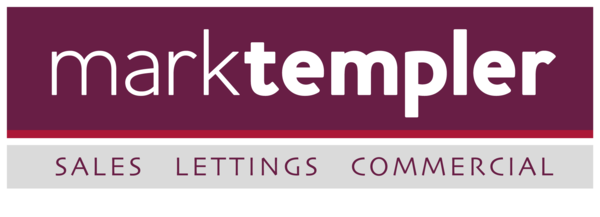Landlord's guide
Answering your questions about becoming a landlord…
Great, you’ve got a tenant for my property. How do I know they’ll be good ones?
That’s a great question. Click here for an answer, but feel free to contact us if you have any more questions.
There are lots of legal and practical requirements when letting a property. Remember as a part of our managed service we will take care of many of these items for you. Let’s run through them…
Deposits
When a new tenancy starts, in addition to the first month’s rent, we collect a deposit from the tenant to protect your tenancy. By law the tenants’ deposit must be lodged with a government-approved scheme.
We will register the deposit for you at the beginning of the tenancy. The scheme we use is the DPS.

Mail
Don’t forget to make arrangements with the post office to have your mail re-directed if you have been living at the property to be let.
Smoke alarms
From 1st October 2015, smoke alarms are required for all residential properties that are let. Also where there are open fires, carbon monoxide detectors are needed - read more
The building’s structure
It remains the landlord’s responsibility to keep the drains, heating, external pipes, gutters and installations for electricity, water, gas, sanitation, external walls and roofing in good repair - read more
Electrical equipment
Electrical equipment must also comply with the safety requirements of the 1994 Regulations, and that it won’t cause danger to your tenants. We can recommend suitably qualified electrical contractors to advise and carry out inspections where appropriate - read more
Electrical Safety
New regulations came into force in June 2020 which requires a Landlord to ensure that the national standards for electrical safety are met for their rental property. All fixed electric installations must be tested and inspected by a qualified and competent person at least every 5 years and a report issued. If the report shows that remedial work is needed, these works must be completed within 28 days or less if specified within the report – read more
Furnishings and fire regulations
You must have evidence that all soft furnishings comply with current fire regulations. If you don’t have this you must remove them from the property before the start of the tenancy - read more

Gas safety
The landlord is responsible for making sure all gas appliances, pipes and meters are inspected and certificated by a GAS SAFE (formerly called ‘CORGI’) registered engineer every year - read more
Insurance
As landlord, it’s up to you to make sure that your property and any of your contents are fully insured against theft, fire, flood and other hazards. Many ‘standard’ house & contents insurance policies are not valid for letting, so please speak to your insurance company before your tenancy starts to make sure that your buildings and contents are appropriately insured. We can introduce you to a specialist lettings insurance company if you like
Income tax
The income you get from letting a property, less certain allowable expenses, is unfortunately taxable and all legal owners of that property must declare their rental income on the Self-Assessment Tax Return.
If you live outside the UK for more than six months a year we are obliged by law to deduct basic rate tax from the rent we receive from your tenants, and pay this to HMRC.
You can apply under the Non-Resident Landlords Scheme to be able to receive your rent without these deductions. Apply using this link quoting our reference number which is 904/NA043381.
Find out more about non-resident landlords and tax from HMRC and we also recommend you take advice from your tax adviser or accountant.
If you have any questions on any of the above, please give Mark Templer Residential Lettings a call.

